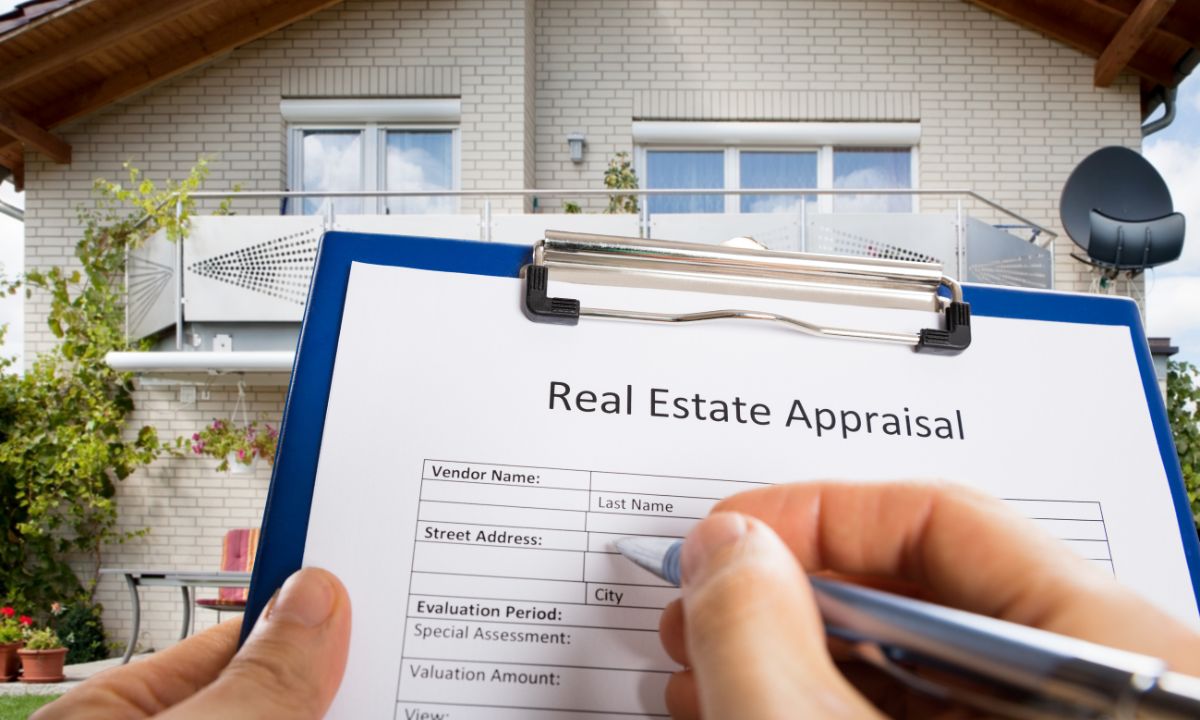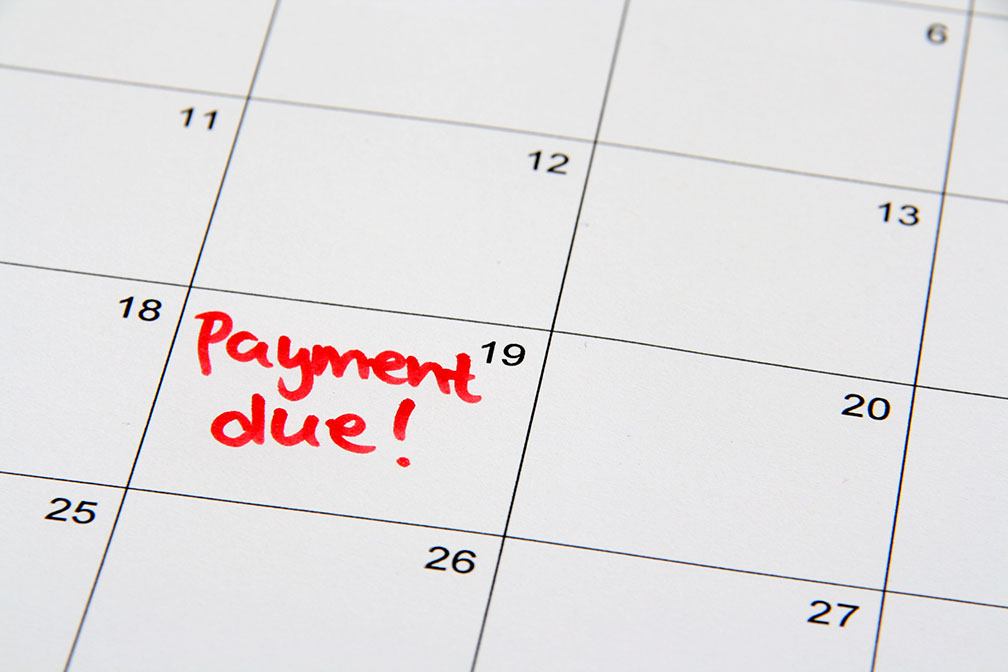 Selling your home can be both exciting and overwhelming. The goal is often to sell quickly and for the best possible price. Here are some important tips to help you achieve a quick and profitable sale.
Selling your home can be both exciting and overwhelming. The goal is often to sell quickly and for the best possible price. Here are some important tips to help you achieve a quick and profitable sale.
1. Boost Curb Appeal
First impressions matter. Therefore, enhancing your home’s curb appeal is crucial. Start by tidying up your yard, trimming bushes, and planting flowers. Additionally, a fresh coat of paint on the front door can make a significant difference.
2. Declutter and Depersonalize
When potential buyers walk through your home, they should be able to envision themselves living there. Consequently, declutter and remove personal items like family photos and collectibles. This creates a clean and neutral space that appeals to a wider audience.
3. Make Necessary Repairs
Minor repairs can significantly impact a buyer’s perception of your home. Fix leaky faucets, patch holes in walls, and ensure all lights are working. A well-maintained home suggests to buyers that the property has been well cared for.
4. Stage Your Home
Staging involves arranging furniture and decor to showcase your home’s best features. This not only makes the space look inviting but also helps buyers see the potential in each room. Furthermore, staged homes often sell faster and for higher prices.
5. Price It Right
Setting the right price is critical. Therefore, work with your real estate agent to determine a competitive and realistic listing price. Overpricing can deter potential buyers, while underpricing may leave money on the table.
6. Market Effectively
Effective marketing can significantly impact the speed and profitability of your sale. High-quality photos, virtual tours, and compelling descriptions are essential. Additionally, leverage social media and online listings to reach a broader audience.
7. Be Flexible with Showings
The more accessible your home is for showings, the more potential buyers will see it. Consequently, be flexible with viewing times and keep your home show-ready. This increases the chances of receiving multiple offers.
8. Consider Professional Help
If you’re unsure about any aspect of selling your home, consider hiring professionals. Real estate agents, stagers, and photographers can provide valuable expertise and ensure your home is presented in the best possible light.
Selling your home quickly and profitably requires preparation and strategy. By boosting curb appeal, decluttering, making repairs, staging, pricing correctly, marketing effectively, and being flexible with showings, you can maximize your chances of a successful sale.
 Selling a home can be a roller coaster of emotions, especially when it comes to the appraisal process. Homebuyers and sellers alike are keenly aware of the importance of a successful appraisal, as it can make or break a deal. To help ensure your home appraises for the highest possible value, here are three tips every homeowner should consider.
Selling a home can be a roller coaster of emotions, especially when it comes to the appraisal process. Homebuyers and sellers alike are keenly aware of the importance of a successful appraisal, as it can make or break a deal. To help ensure your home appraises for the highest possible value, here are three tips every homeowner should consider. When you’re selling your home, one crucial step in the process is the home appraisal. This evaluation plays a significant role in determining the sale price of your property. Here’s a guide to understanding home appraisals and their impact on your home sale:
When you’re selling your home, one crucial step in the process is the home appraisal. This evaluation plays a significant role in determining the sale price of your property. Here’s a guide to understanding home appraisals and their impact on your home sale: Technology is no longer limited to just our smartphones and laptops; it’s rapidly infiltrating every aspect of our lives, including the place we call home. The real estate industry is experiencing a significant transformation with the emergence of Smart Homes and the Internet of Things (IoT). These innovations are not just about convenience; they are revolutionizing the way we live, making our homes safer, more efficient, and ultimately more enjoyable.
Technology is no longer limited to just our smartphones and laptops; it’s rapidly infiltrating every aspect of our lives, including the place we call home. The real estate industry is experiencing a significant transformation with the emergence of Smart Homes and the Internet of Things (IoT). These innovations are not just about convenience; they are revolutionizing the way we live, making our homes safer, more efficient, and ultimately more enjoyable. For new investors venturing into the dynamic world of real estate, the prospect of finding the perfect investment can be both exciting and daunting. While established neighborhoods often seem like the safest bet, emerging neighborhoods can offer untapped potential and higher returns for those with a keen eye. We will look into the art of spotting real estate investment opportunities in emerging neighborhoods, tailored specifically for new investors looking to make their mark in the industry.
For new investors venturing into the dynamic world of real estate, the prospect of finding the perfect investment can be both exciting and daunting. While established neighborhoods often seem like the safest bet, emerging neighborhoods can offer untapped potential and higher returns for those with a keen eye. We will look into the art of spotting real estate investment opportunities in emerging neighborhoods, tailored specifically for new investors looking to make their mark in the industry. As a seasoned real estate agent, I’ve journeyed alongside numerous families as they embark on the adventure of finding their dream homes. However, beyond the excitement of securing that perfect abode lies a crucial step often overlooked: home insurance.
As a seasoned real estate agent, I’ve journeyed alongside numerous families as they embark on the adventure of finding their dream homes. However, beyond the excitement of securing that perfect abode lies a crucial step often overlooked: home insurance. Becoming a landlord can be a profitable undertaking, providing a steady income stream and potential long-term investment growth. It is important to understand the complexities of managing a property while still under a mortgage. We will discuss the key insights into renting out your property and becoming a landlord while maintaining a mortgage.
Becoming a landlord can be a profitable undertaking, providing a steady income stream and potential long-term investment growth. It is important to understand the complexities of managing a property while still under a mortgage. We will discuss the key insights into renting out your property and becoming a landlord while maintaining a mortgage. Do you ever dream about a larger, roomier, or more luxurious living space? Or perhaps just want to experience the joy of owning your own home and building your net worth instead of renting? Let’s explore a few questions that can help to answer whether or not you’re ready for a new lifestyle as a homeowner.
Do you ever dream about a larger, roomier, or more luxurious living space? Or perhaps just want to experience the joy of owning your own home and building your net worth instead of renting? Let’s explore a few questions that can help to answer whether or not you’re ready for a new lifestyle as a homeowner. Have you ever had a conversation with a total stranger where you said something that you regret? If you are placing your house or condo on the market, you’re eventually going to end up having to chat with potential buyers. Yes, your real estate agent is likely to do most of the talking. However, you will still have to deal with buyers who want to grill you about the home’s history, condition, and more.
Have you ever had a conversation with a total stranger where you said something that you regret? If you are placing your house or condo on the market, you’re eventually going to end up having to chat with potential buyers. Yes, your real estate agent is likely to do most of the talking. However, you will still have to deal with buyers who want to grill you about the home’s history, condition, and more. Are you the type of person that struggles with remembering to pay their bills on time? You’re not alone. People across the country regularly submit late monthly payments, inflicting terrible damage to their credit. Let’s take a quick look at how paying your loan or other monthly payments late can have a negative impact on your mortgage.
Are you the type of person that struggles with remembering to pay their bills on time? You’re not alone. People across the country regularly submit late monthly payments, inflicting terrible damage to their credit. Let’s take a quick look at how paying your loan or other monthly payments late can have a negative impact on your mortgage.